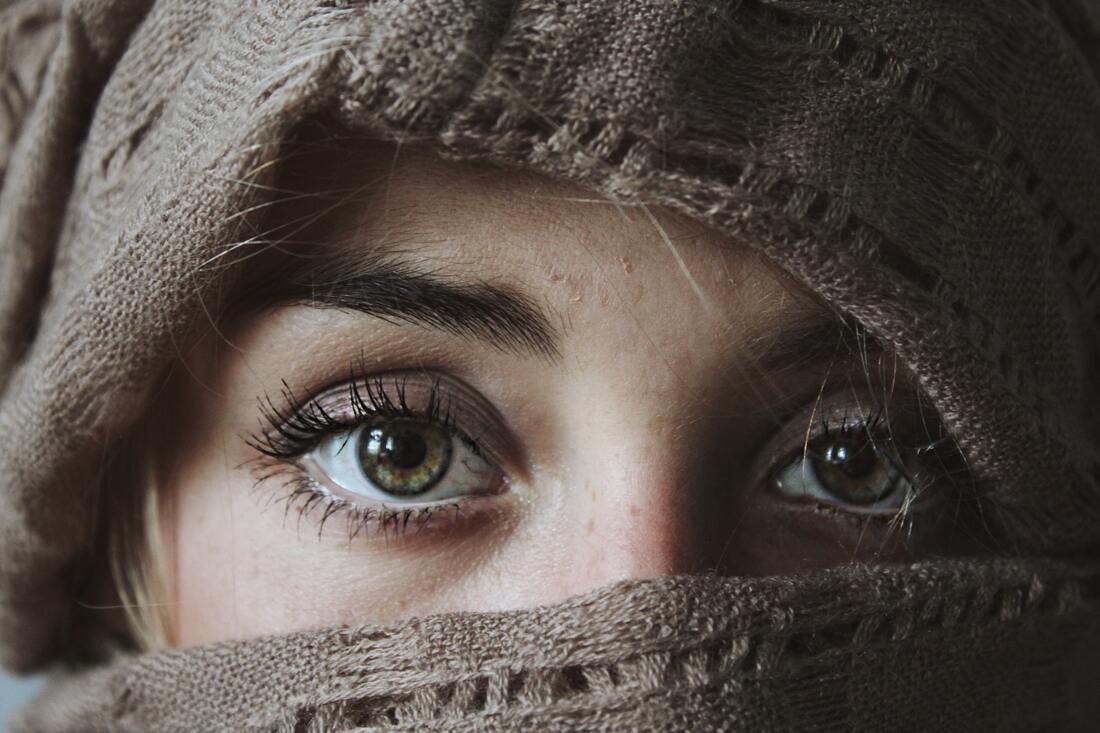
While most of us are getting ready for joyful end-of-year celebrations, 1 in 2 compatriots will celebrate much more soberly than in previous years. The current crisis cuts deep and, according to half of the Belgians, will last at least another 2 years. The 'permacrisis', a state of permanent crisis, is becoming the new normal. We have to go back half a century in time for a crisis with such a profound, long-lasting impact. Last week I announced the results of a large-scale survey by BBDO with a representative sample of the Belgian population about their experience of the crisis. What are the main findings?
- The crisis affects almost everyone in the population. In fact, 60 percent are very heavily impacted. This applies in particular to lower and middle incomes, to the elderly and to women. Women have traditionally been the main responsible for purchasing, and there is an ever-growing group of single mothers with children who are having an extra hard time today. A large group is therefore actively looking for extra income to be able to continue to make ends meet.
- In the meantime, just about everyone has – by necessity – also adjusted their consumption behaviour to a greater or lesser extent. This applies in the first place to our energy consumption (setting the temperature in the house a few degrees less, or using less water). Or in the supermarket we buy more private labels than A-brands, we actively look for discounts and promotions of all kinds, and we increasingly stick to the shopping list when visiting the store.
- A majority of consumers no longer see any difference between A-brands and private labels in many product categories. Cheaper private labels thrive during an economic crisis. In the 70s, the then GB introduced its so-called white products as an answer to the more expensive life. For many, private labels have now become full-fledged brands. And that will remain in many cases.
- The opinion is often that under the pressure of higher prices and the more expensive life, other problems would disappear to the back burner: global warming, for example. But in BBDO's research, the climate remains a major challenge for a majority of Belgians that require urgent action. The current crisis will accelerate the energy transition. But consumers are still struggling with the higher prices of many sustainable products.
- We have been living in a polycrisis for 3 years (covid, rising prices, war in Ukraine), and for 1 in 2 Belgians this crisis mode will last at least until the end of 2024, or even longer. That is why from now on we better speak of a 'permacrisis': a permanent crisis in people's wallets, but also in their heads. What the social consequences of this will be in the short and medium term remains to be speculated for the time being. But it does seem that summer is over and that we are shifting to autumn, and perhaps in the longer term even to the figurative winter.
Admittedly, the study does not bring us happy news. It confirms what many of us have been feeling and experiencing for some time. In this view I have already put up a gloomy picture of the future in the spring, and that is now also statistically substantiated with sobering figures. It is better to face this reality, rather than to walk away from it.But even though the proverbial glass is rather half full today, and in the coming months, I still think that we should never give up hope and that we should continue to keep the glass full in mind. Because every crisis also offers opportunities to become stronger and to make leaps forward.
I wish you all happy end-of-year celebrations, and look forward to seeing you back here in 2023.
Here you can read more about the study.
Written by BBDO Belgium Team, We create effectiveness